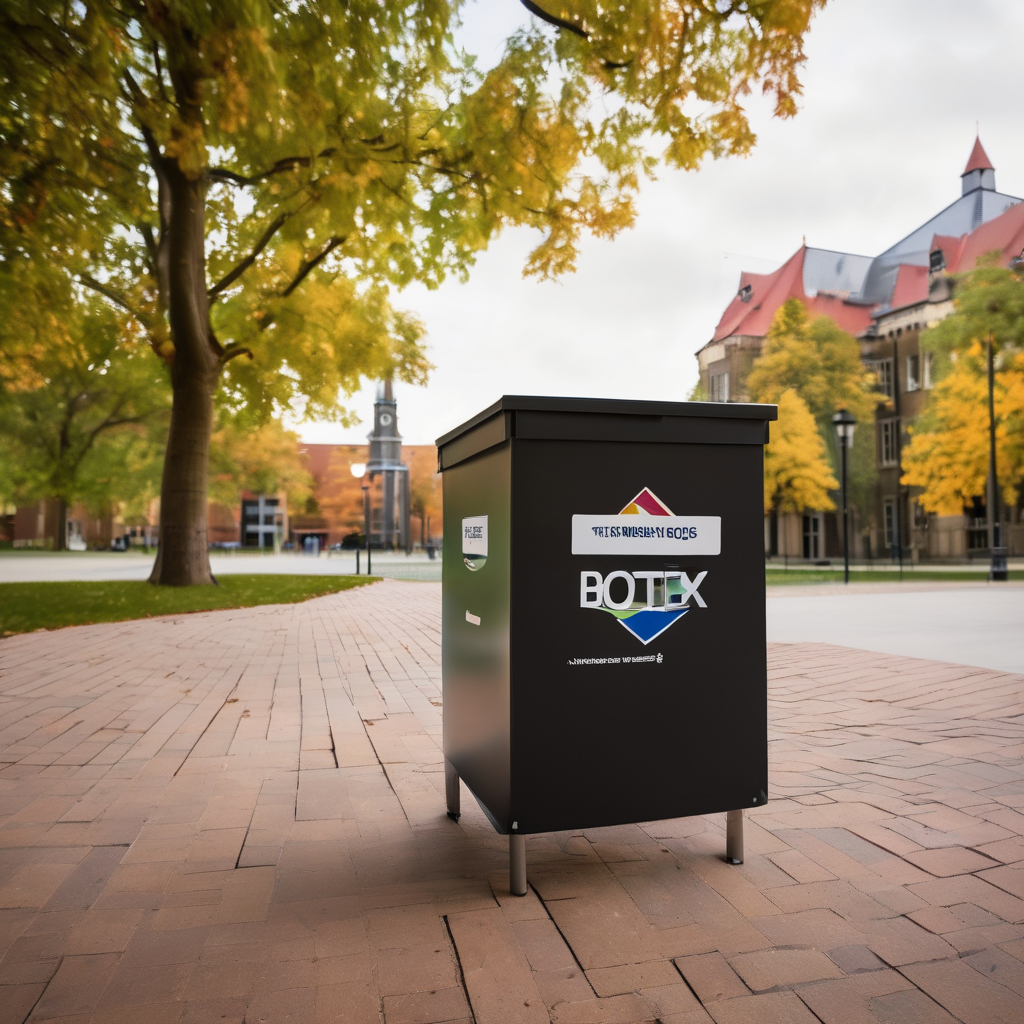New Delhi: The atmosphere at Jawaharlal Nehru University (JNU) was electric on Tuesday as students engaged in a vibrant democratic exercise during the highly anticipated student union elections. With drums beating and slogans echoing across the campus, students lined up to cast their votes for the central panel and school councillors.
Polls opened at 9 a.m. and were scheduled to close at 5:30 p.m., allowing any students still in line to vote even after the official end time. The election committee announced that results would be declared on November 6.
This year, a total of 20 candidates are contending for four major central panel positions: president, vice-president, general secretary, and joint secretary. Approximately 9,043 students have registered to participate in the voting process.
The elections are characterized as a microcosm of the larger ideological debates within the nation, with the main contest observed between the Left Unity coalition and the Akhil Bharatiya Vidyarthi Parishad (ABVP), which is associated with the RSS.
Left Unity, which includes the All India Students’ Association (AISA), Students’ Federation of India (SFI), and Democratic Students’ Federation (DSF), has nominated Aditi Mishra for president, Kizhakoot Gopika Babu for vice-president, Sunil Yadav as general secretary, and Danish Ali for joint secretary. Meanwhile, the ABVP has fielded candidates Vikas Patel, Tanya Kumari, Rajeshwar Kant Dubey, and Anuj for the respective positions.
The ABVP has campaigned with a focus on “performance and nationalism,” while the Left bloc has highlighted issues of “inclusion, accessibility, and student welfare.” Former JNUSU president Aishe Ghosh confidently stated, “The Left unity will win all four central panel seats,” as she engaged with voters outside a polling booth.
Despite a slow start in the morning, voter turnout surged in the afternoon, with many first-time voters expressing excitement about being part of what they referred to as a “festival of democracy.” Aakansha, a 20-year-old undergraduate, shared her enthusiasm, stating, “Witnessing them for the first time feels special. It’s vibrant and serious at the same time.”
Though many students were excited to participate, opinions about the respective candidates were mixed. Mahendra, a 25-year-old doctoral student, praised the Left-affiliated groups for raising student issues and advocating for change. In contrast, Sunil voiced his concerns, expressing dissatisfaction with the Left’s long-standing dominance and calling for a focus on addressing local campus challenges, such as library shortages and maintenance issues.
In the previous elections, AISA’s Nitish Kumar emerged as president, while the ABVP’s Vaibhav Meena secured the joint secretary role. This signaled a significant shift in the electoral landscape for the right-wing group, which had faced a decade-long dry spell.
As the day progressed, the festive atmosphere on campus remained palpable, and anticipation grew for the electoral results, which will determine whether the Left retains its influence or if the ABVP continues to expand its presence within JNU’s political scene. The elections reflect a dynamic interplay of ideologies and evolving student priorities, showcasing the resilience and enthusiasm of JNU’s vibrant student community.
